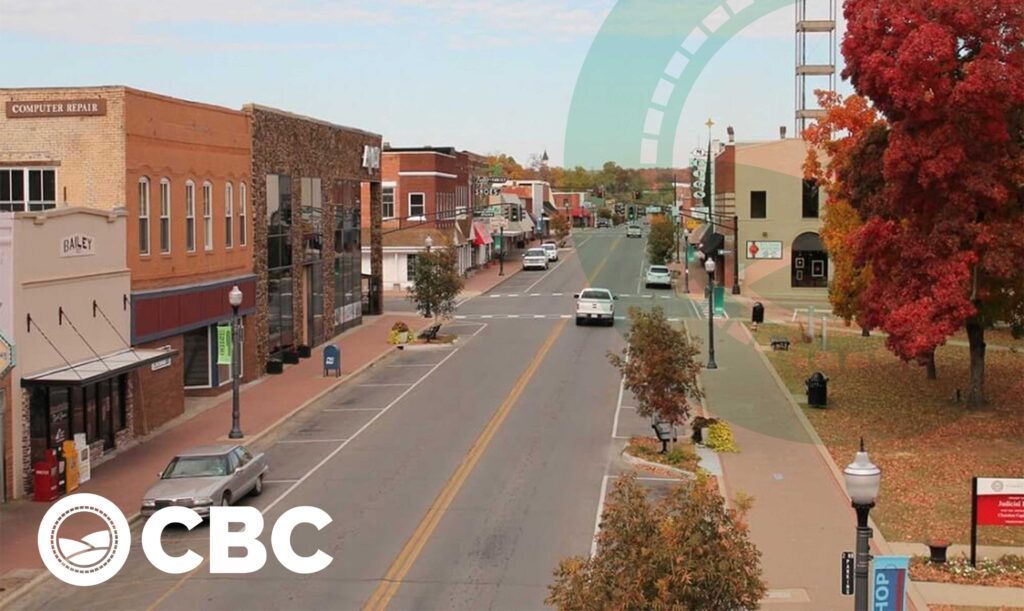
Broadband access is critical to local economies and small businesses, particularly in rural and underserved communities. This is why Lake Region Electric Cooperative (LREC) stepped up to the plate to build fiber optic broadband where no one else was willing to build, similar to electric service 80 years ago.
Rachel Dallis, attorney at law, started her law office in 2018 in downtown Tahlequah before moving to her current location near the Cherokee County Courthouse in 2020.
“I knew how great Lake Region fiber internet was because I had it at home for several years outside of Hulbert. When I first opened my business in Tahlequah, I had another provider, and it was unreliable; it would go out on rainy days, and the speeds were nowhere comparable to Lake Region,” Dallis said.
Lake Region is witnessing daily requests for internet service in larger communities. A faster, more reliable technology internet provider is still needed in many communities currently with other subpar internet service providers. Lake Region is weighing the cost of building mainline infrastructure into Tahlequah’s dense population to pick up more customers per mile of line while helping to offset the cost of building fiber into rural, less populated territory.
“I wasn’t expecting Tahlequah not to have fast, reliable internet for my business when I first opened. I needed a reliable, fast internet connection if I wanted my new law office to become successful,” Dallis said.
Tahlequah is no small town. It is home to a regional public university, two large hospitals, and home of the Cherokee Nation headquarters. Many residents and businesses that call Tahlequah home still lack access to fast, reliable, fiber optic internet technology. The broadband infrastructure movement across the nation and all the funding coming from the government must also consider towns like Tahlequah, lacking this critical infrastructure for the future.
The fiber network Lake Region installs today will be able to handle the increased demand for more bandwidth in the future. As that demand grows, only the network equipment would need to be upgraded over time, not the actual fiber cables.
Fiber optic internet brings opportunities to communities. Not just the opportunity for buffer-free video streaming but opportunities for businesses to expand and for our communities to attract new businesses. Our communities can also attract new residents, who may telecommute, and can only live here because of the power of fast internet.
